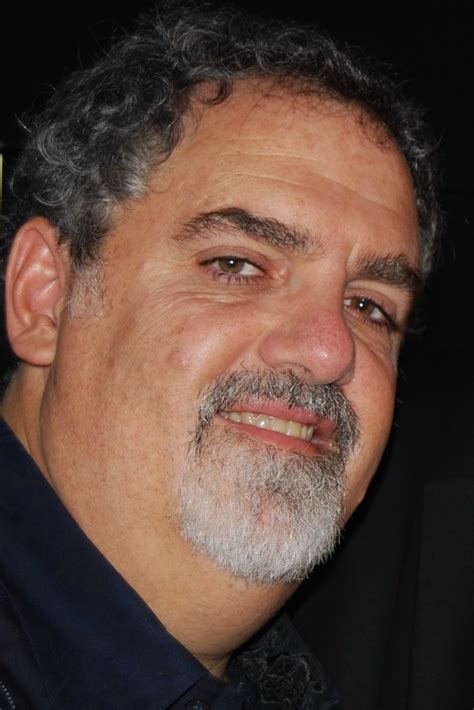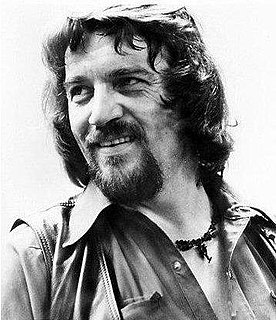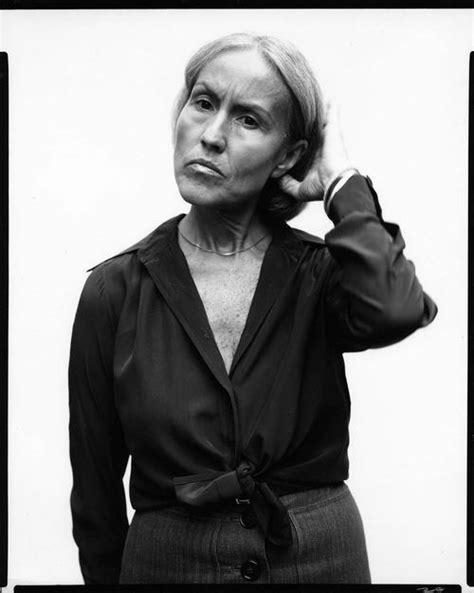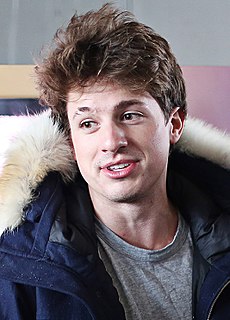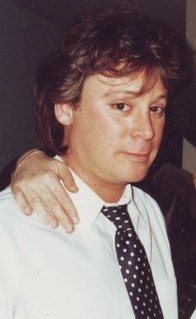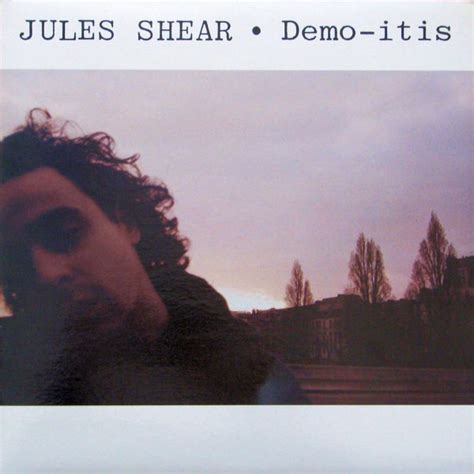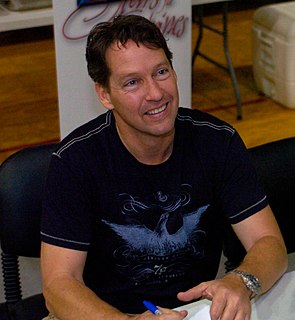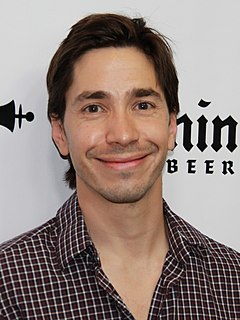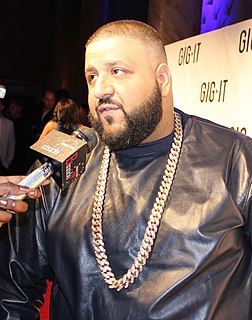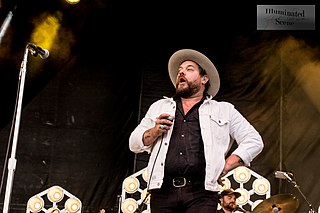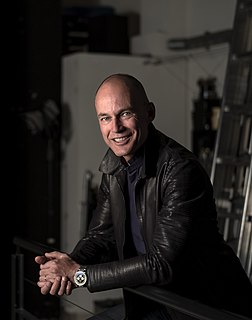A Quote by Jon Landau
My ambition was to be a record producer, and I had started doing that in the late '60s with my work with the MC5 and my friend Livingston Taylor.
Related Quotes
When I graduated from school, World War II was still going on. At the time, my eldest sister, Nancy, was working in New York City at Lord & Taylor, and she had a great friend named Sally Kirkland who she worked with there and who later went to work as an editor at Vogue. I always told them, "I want to work in fashion like you do," and finally, in the late '40s, I got a job at Lord & Taylor, too.
Taylor was named after James Taylor and claims that she knows all the James Taylor songs, and I'm a huge fan of James Taylor and know all his songs, too. My dad told me that if I ever met Taylor Swift, I had to tell her that I know every James Taylor song. We started naming albums, and we were both shouting them out.
In the late 70's I started to make drawings of the ordinary objects I had been using in my work. Initially I wanted them to be ready-made drawings of the kind of common objects I had always used in my work. I was surprised to discover I couldn't find the simple, neutral drawings I had assumed existed, so I started to make them myself.
